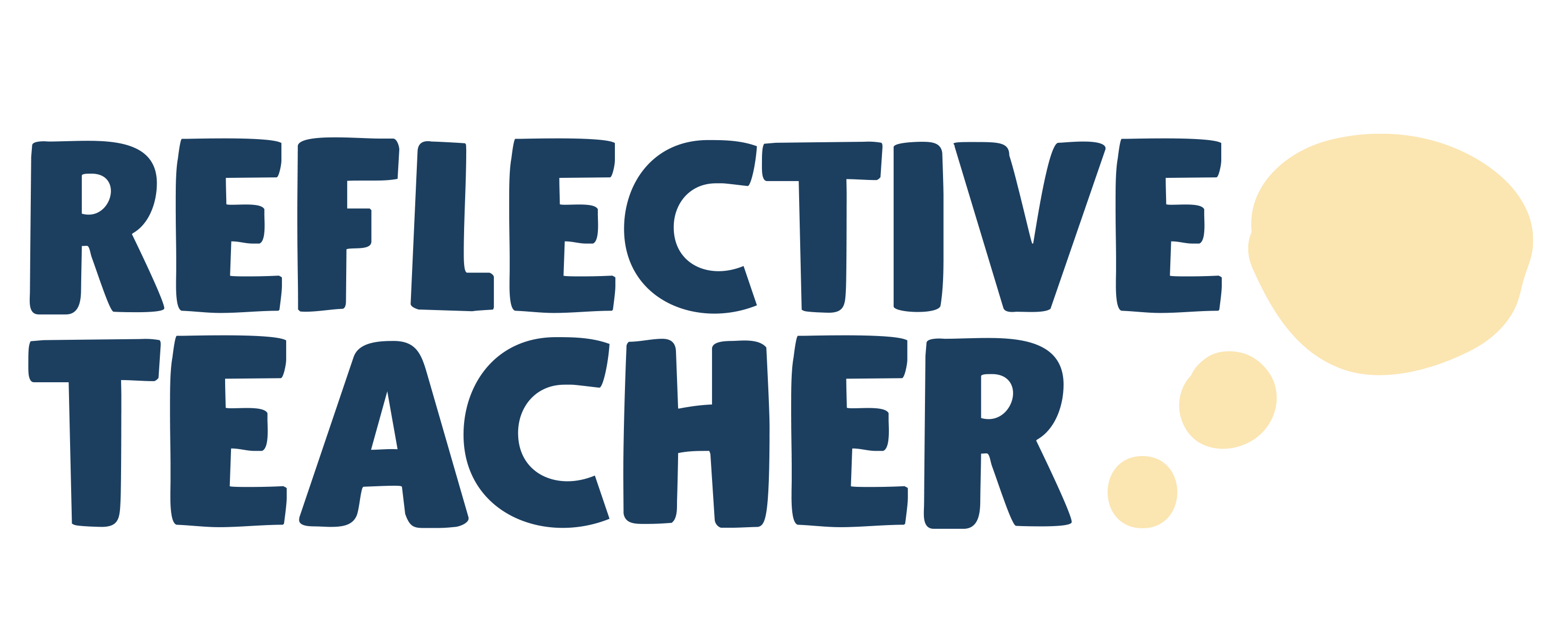As every teacher will know, long and intense working days mean time is often at a premium. Here, four teachers share their “top time-saving teacher tips” on how to gain back some valuable extra hours:
Live marking
One of the best top teacher tips … I find that live SPaG (Spelling, Punctuation and Grammar) marking really helps. As I walk around the room and observe work being done, I will mark the spelling/punctuation/grammar mistakes and explain what it is to the students. This enhances the usefulness of the marking. I teach geography, so a common mistake will be capital letters for country names, for example. This reduces time after the lesson when I’m marking books as I can then just mark the work.
I also use Google quizzes, which are auto-marked. I literally just need to download the data and enter it straight into mark books. This will work better in some subjects than others as Google limits you to multiple choice, single-word answers or sorting activities – but in terms of retrieval of memory-based knowledge it’s a real life-safer in terms of saving time!
James Pearson, Duke’s Secondary School, Northumberland
Clever time management
I live for a desk planner, the sort that has sections on it where you can write your to-do lists. I split everything into hard and soft deadlines. The hard deadlines need doing that morning or evening (before or after school, as I don’t do things at break or lunch as it isn’t long enough and I don’t like starting something knowing I won’t finish it).

When the hard deadlines are crossed off – things like marking exams, planning a revision lesson for the next day, etc – I then use any time left over to get some of the things with soft deadlines done – marking class sets, planning for the next half term, getting my printing done for the next half term, organising a trip, etc.
This way, you’re always on top of your absolutely necessary tasks, but also ahead of the game with everything else. And you get real satisfaction from ticking things off your list.
I make a new list every Friday so I’m ready to start as soon as I come in on a Monday morning. I think if I wasn’t a teacher, I’d be a PA!
Katharine Willett, Duke’s Secondary School, Northumberland
Sharing the burden through teamwork
As a department, we try to share as many teaching resources and plans as we can. For example, we’ve recently started sharing homework plans across whole year groups. So, instead of each individual teacher having to set the homework for every class they do, our MFL department will share out the year groups between us.
For example, if I’m teaching a year 7 class, I can simply copy and paste the homework tasks each week, as a colleague will already have put them together and shared them. That also means I can spend more time on putting the homework plan together for the year groups for which I’m responsible.
This saves us all a huge amount of time and prevents us duplicating effort – which means we can focus more on marking and improving the quality of our lesson-planning.
Emma Lawrence, Cardinal Newman Catholic School, Luton
Never write anything twice
I’m very keen on removing unnecessary paperwork, so I like using technology that allows me to input everything once and keep it all in one place. Too often, I’ve seen people write notes down on paper and then type them up afterwards onto a computer. But I always say: if anything is going to end up on an electronic document, input it directly into that electronic document! Never, ever make handwritten notes and type them up later. If you do that, you’re effectively doing the work twice.
It reminds me of when I used to have a summer job working for a removals firm. I remember once taking a box into a room and putting it down. But it was in the wrong room so I had to pick it up and move it to another place. The boss said to me: “Never, ever carry anything twice.” He had a good point!
The other advantage of working this way is that it allows you to find the most up-to-date version of a document quickly and easily, without having to search through endless papers or trying to remember where you put something.
Russ Atkinson, Duke’s Secondary School, Northumberland
How Reflective Teacher can help …
If you’d like to find out more about how we can help you and your staff save time – and never input teacher performance data twice – get in touch with us now.



Comments are closed